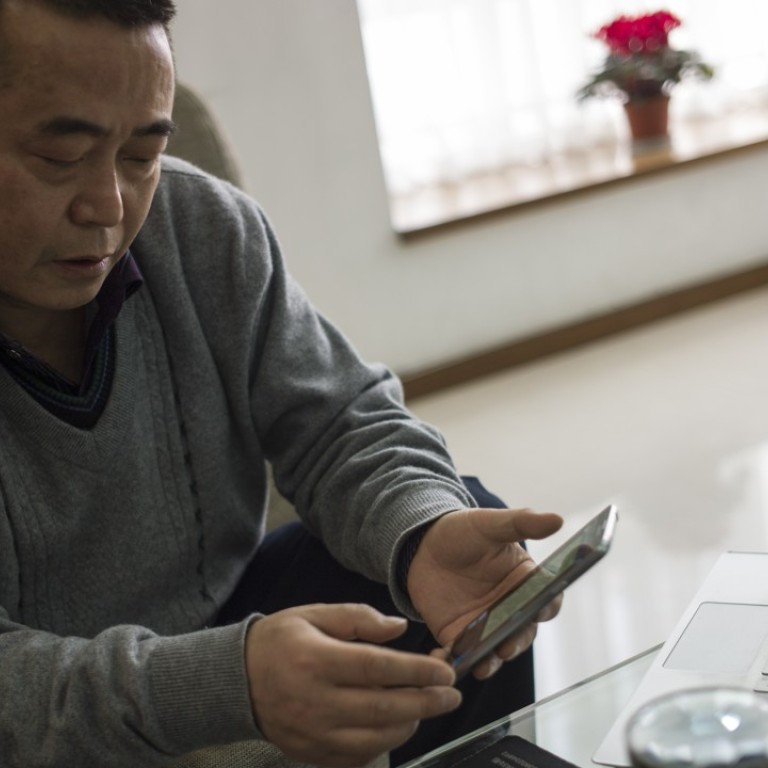
Chinese activist Huang Qi will die in custody if denied medical treatment – rights groups
- Immediate threat to his life and inadequate medical care in detention since his arrest over controversial topics covered by his website, says lawyer
- Groups call on China to end policy of denying prompt medical treatment to prisoners of conscience, ‘a form of torture’
China’s first “cyber-dissident” Huang Qi is in danger of dying in police custody if he does not receive medical treatment for a host of severe health conditions, human rights groups warned on Monday.
The 55-year-old Huang, who was arrested in 2016 for “leaking state secrets”, is being held in Mianyang Detention Centre in southwestern Sichuan province, according to his mother.
Huang ran a website called “64 Tianwang”, named after the bloody crackdown on pro-democracy protesters in Tiananmen Square on June 4, 1989.
The website, which has reported on local corruption cases, police brutality and other topics rarely seen in ordinary Chinese media, is blocked in mainland China.
According to human rights organisations, Huang suffers from chronic kidney disease, hydrocephalus – accumulation of fluid in the brain – and heart disease.
“Huang Qi’s current condition is extremely urgent,” his 85-year-old mother, Pu Wenqing, who travelled to Beijing in October to make a case for her son, told Agence France-Presse.
“I don’t want my son to die in prison. I hope the authorities will let him receive medical treatment,” she said, adding that he has been denied medical bail despite multiple pleas.
Fourteen non-profit organisations, including Amnesty International, Human Rights Watch and Freedom House, released a statement calling for Huang’s immediate release.
Citing Huang’s lawyer, the organisations said that the Chinese dissident is not receiving adequate medical care in detention, and his condition is so dire that there is an “immediate threat to his life”.
“His health condition is not very good. He has high blood pressure,” Liu Zhiqing, Huang’s lawyer, told Agence France-Presse, declining to speak further.
According to Pu, her son has a blood pressure of 221/147 mmHg – well above the normal range of 140/90 mmHg.
“The Chinese government must immediately and unconditionally release Huang, who has been detained solely for the peaceful exercise of his right to freedom of expression, and end its policy of denying prompt medical treatment to prisoners of conscience, which is a form of torture,” the statement said.
Mianyang Detention Centre’s deputy director declined to comment.
Huang’s work has repeatedly drawn the ire of Chinese authorities. In 2009, Huang was sentenced to three years in prison after campaigning for parents of children killed in the 2008 Sichuan earthquake, which left nearly 87,000 people dead or missing.
In 2014, Huang and at least three citizen journalists that contribute to 64 Tianwang were detained by police after the site reported on a woman who set herself on fire in Tiananmen Square.
There is no trial date set for Huang.
The rights groups cite the cases of other human rights defenders and ethnic group activists who died in recent years due to a lack of prompt medical care.
Last year, Chinese authorities rejected international pleas for them to allow dissident Nobel Peace Prize laureate Liu Xiaobo to leave the country to receive treatment for liver cancer.
Liu died in a hospital in northeast China while still under custody after receiving medical parole from an 11-year sentence for “subversion”.

.png?itok=arIb17P0)